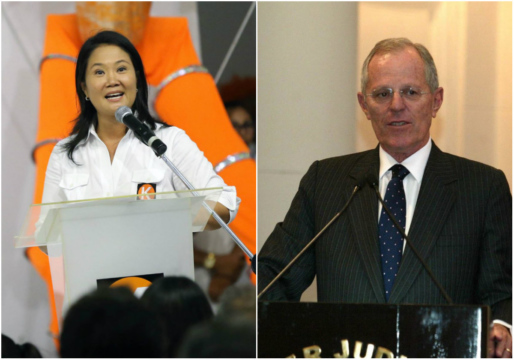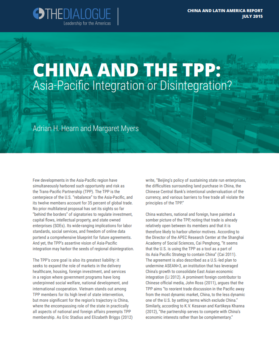
China & the Trans-Pacific Partnership
Will the TPP and RCEP be promoting of greater integration or of disintegration in the Asia-Pacific region?
Will the TPP and RCEP be promoting of greater integration or of disintegration in the Asia-Pacific region?
This is a period of some uncertainty but also enormous promise for the countries of the hemisphere.
The election of President Mauricio Macri may signal the start of a new era in Argentine energy policy and cooperation with the United States, but the new government still faces challenges to increasing oil and gas production and erasing energy subsidies.
In the midst of upcoming elections, Nicaragua is experiencing dynamic changes both politically and economically.
Colombia is lacking a national consensus for peace. Washington can help.
The surge in unconventional oil and gas production in North America has dramatically shifted energy markets in the Americas.
Education evaluation in the region shows clear signs of progress, but further consolidation is still needed.
President Barack and Michelle Obama’s trip to Cuba, scheduled for March 21 and 22, is aimed at making the normalization of relations with the island, begun little more than a year ago, “an irreversible policy.” From a US perspective, the policy already looks pretty much irreversible.
As Latin American countries reassess their energy policies in light of lower oil prices, there is an opportunity to apply lessons learned from the US experience to enact regulations that mitigate environmental risks, strengthen public support, and attract investment.
LAC has seen an uptake in often temporary flows of Chinese migrants post-2005, in association with growing Chinese investment in the region.
Development banks should play a great role in ensuring sustainable infrastructure development in Latin America in the coming years.
Peace in Colombia promises to bring many environmental benefits to the country, but also poses environmental risks .
Despite slowing growth on both sides of the Pacific, China’s policy bank finance to Latin America reached $30 billion in 2015.
A discussion of the peace process in Colombia and its implications for labor policy
Peru’s presidential race is headed for a June 5 runoff. Who is best positioned to win the presidency?
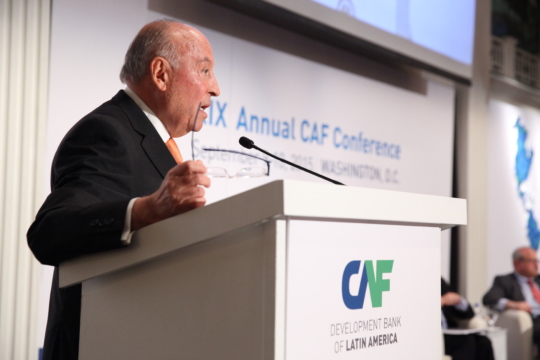 Video
Video
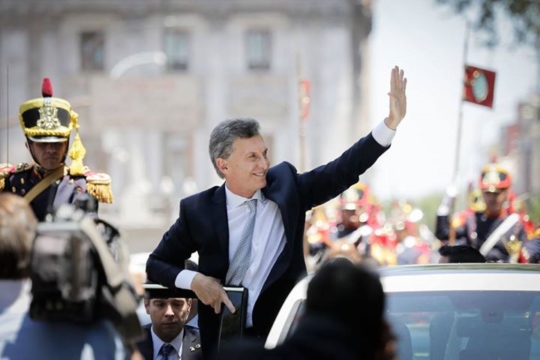
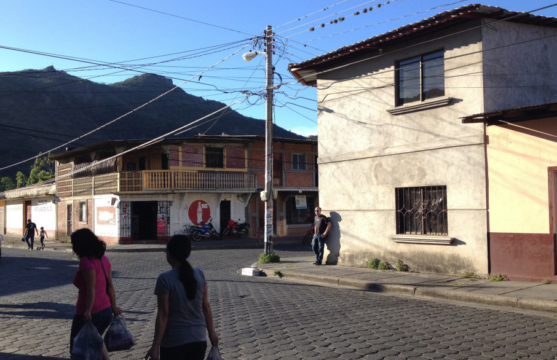
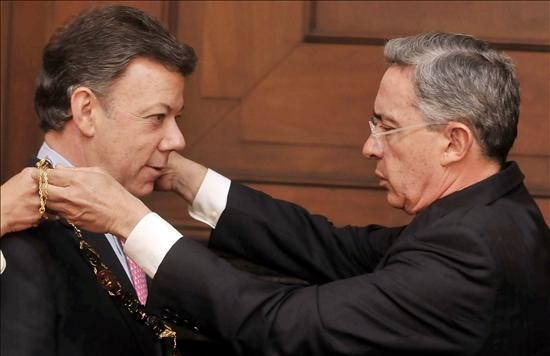
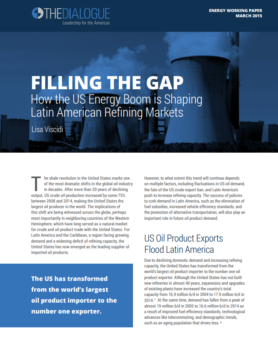

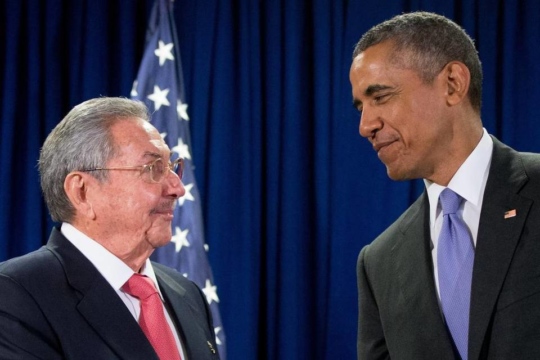
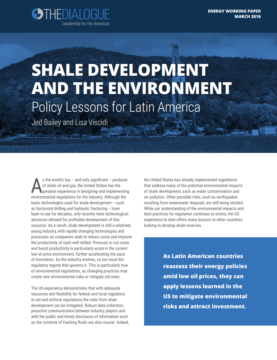
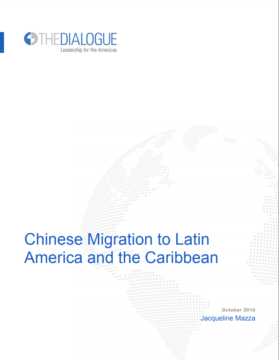
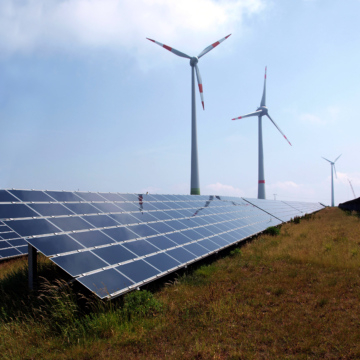

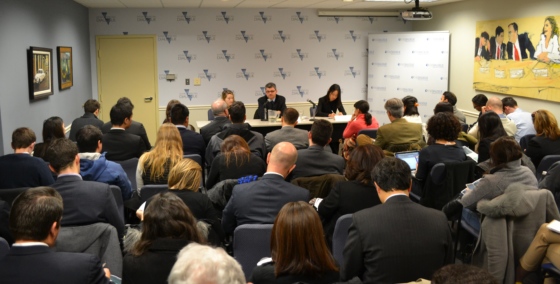
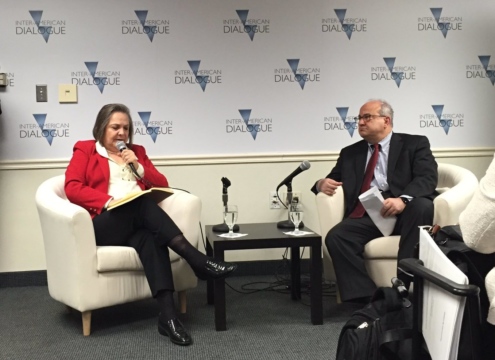 Video
Video
